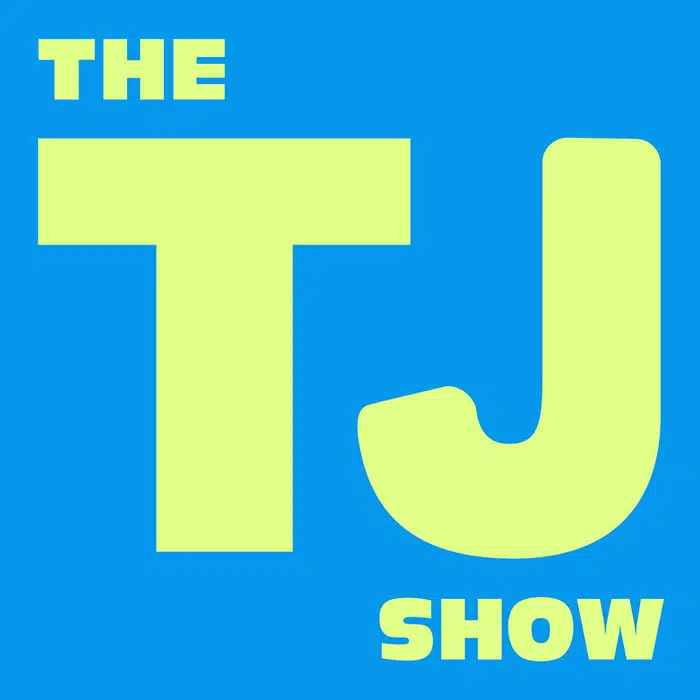By Michael S. Derby
(Reuters) – Federal Reserve Governor Lisa Cook said Thursday that amid high levels of uncertainty now is a time for the central bank to take its time to watch how the data comes in before it changes the setting of monetary policy again.
“Amid growing uncertainty and risks to both sides of our dual mandate, I believe it will be appropriate to maintain the policy rate at its current level while continuing to vigilantly monitor developments that could change the outlook,” Cook said in the text of a speech prepared for delivery before a gathering at the University of Pittsburgh.
“For now, we can afford to be patient but attentive,” the policy maker said, adding “I believe that policy is well situated to respond to developments, and I am continuously updating my outlook as matters evolve.”
Cook spoke in the immediate aftermath of a significant acceleration of President Donald Trump’s trade war against many other nations, even those who have been long-standing allies. Late Wednesday, the president massively raised tariffs against a slew of other nations out of the belief it will bring more manufacturing back to the U.S. and close trade imbalances.
A wide range of economists recoiled from the president’s actions, which exceeded many forecasters’ worst-case scenarios, while financial markets around the world saw big sell offs amid souring sentiment over the outlook. The tariffs, which are import taxes paid by Americans rather than foreign producers, will likely drive up already high levels of inflation and depress growth, and could even drive the U.S. and other nations into economic downturns, many analysts say.
“The implied US tariff rate now stands near levels higher than during the Great Depression and last seen in the early 1900s,” Deutsche Bank economists said Thursday. Morgan Stanley forecasters said of Trump’s tax surge that “risks to inflation lie to the upside,” adding “we think tariff-induced inflation will keep the Fed on the sidelines and we remove our June rate cut.”
Trump’s global trade war has put the Fed in a difficult position. Higher inflation argues for officials to hold steady or even potentially hike interest rates, while a weakening economy and souring job market could call for easier policy. Some in markets believe the difficult outlook makes it more likely the Fed could cut rates to try to limit the collateral damage of the president’s actions.
The Fed met last month to deliberate on monetary policy, with officials maintaining their overnight interest rate target rate range at between 4.25% and 4.5%, with the Federal Open Market Committee highlighting a very uncertain economic outlook.
In her speech, Cook said the economy started the year in a “solid position” even as many were unsure what lies ahead. She added she sees growth slowing and the unemployment rate rising a bit over the course of the year.
“Inflation progress will stall in the near term, in part because of tariffs and other policy changes,” Cook said. She added, “I currently place more weight on scenarios where risks are skewed to the upside for inflation and to the downside for growth” and noted higher inflation and slower growth “could pose challenges for monetary policy.”
Cook also noted that she was watching for evidence that tariffs could drive up inflation pressures persistently.
(Reporting by Michael S. Derby; Editing by Chizu Nomiyama)






Comments